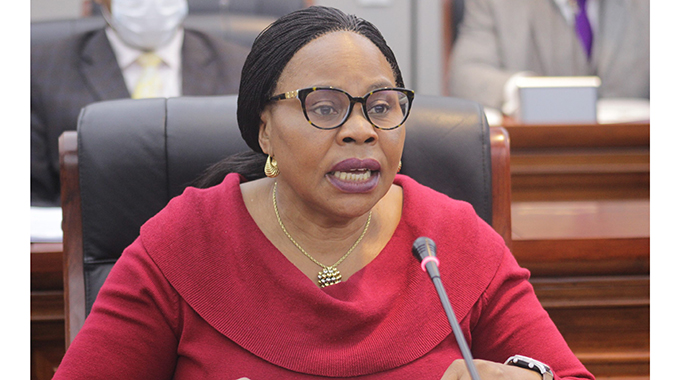TNF pushes for sectoral determination of wages

Bulawayo Bureau
GOVERNMENT has stressed the need to strengthen sectoral determination of salaries and wages through National Employment Councils (NECs), as well as maintaining the stability of the economy and the prevailing foreign currency auction system.
This follows a Tripartite Negotiating Forum (TNF) meeting held on April 22, 2021 where a proposal has been tabled to facilitate a comprehensive study to establish appropriate sector wages.
The meeting was convened to provide feedback to the TNF regarding Cabinet position on the issue of wages and salaries. Workers across sectors are pushing for wage increases citing weakening buying power amid gradual price increases.
While the foreign currency auction system has brought stability to the exchange rate, with negligible fluctuations since its commencement last year in June, the gap with parallel market still inflicts a distortionate impact on pricing, especially in the informal sector.
According to the Reserve Bank of Zimbabwe weekly forex auction report, the US-dollar was trading at 1:84,72 to the local dollar. Parallel market rates, however, hover around 1:100 to 1:112. The recent upward reviews in utility costs have also been blamed for escalating business operating costs, which are reflected in relatively high prices, and tend to erode consumer incomes.
On Wednesday Cabinet considered a report on the April TNF meeting, which was presented by the Minister of Public Service, Labour and Social Welfare, Professor Paul Mavima. In a post-Cabinet media briefing, Information, Publicity and Broadcasting Services Minister, Monica Mutsvangwa, said a study to support sectoral determination of wages and salaries was critical.
This is in realisation of the fact that a blanket approach to increasing earnings is not sustainable as sectors vary in terms of performance.
“Cabinet agreed to the proposal that the Tripartite Negotiating Forum (TNF) technical committee conducts a study to establish the appropriate sector wages and salaries relative to the poverty datum line, capacity utilisation and productivity levels across the sectors,” she said.
“The resultant report should guide further engagement on the issue of wages and salaries. The TNF was encouraged to address outstanding agenda items beyond the issues of salaries and wages.”
Labour economist, Dr Godfrey Kanyenze, has also called for the strengthening of social dialogue to consolidate the economic stability gains achieved so far.

Dr Godfrey Kanyenze
“Given where we are coming from, it’s not surprising that we are experiencing this positive trajectory, which is a rebound,” he said in recent remarks on the overview of the first quarter 2021 economic performance review organised by the Confederation of Zimbabwe Industries. There is a modicum of fiscal discipline compared to the past, so inflation is on a downward trend. Let us use the momentum from exogenous catalysmic factors to make policy progress especially on ease of doing business. Social dialogue can initiate a rapid turnaround, we need to make the TNF work.”
In Zimbabwe social dialogue is guided by the Tripartite Negotiating Forum Act of 2019. The Act provides for the establishment of a TNF, which brings together the Government, organised business representatives and labour bodies. It confers powers and functions on the forum in relation to consultation, cooperation and negotiation on social and economic issues.










Comments